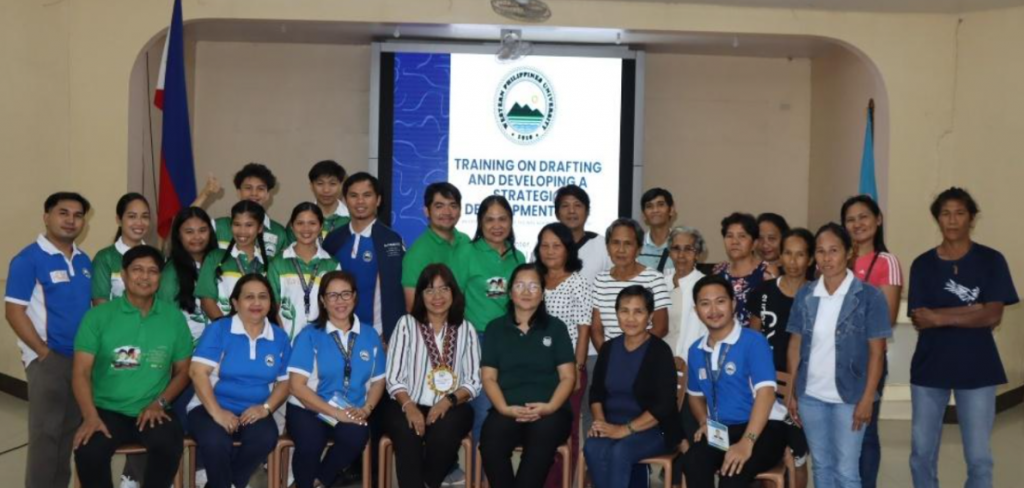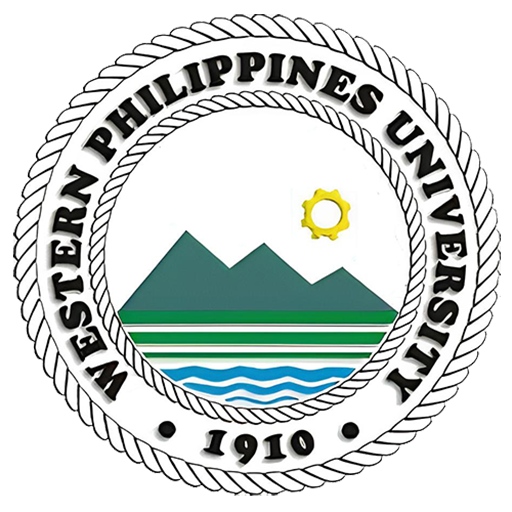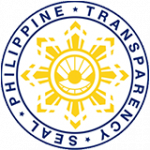
The WPU College of Agriculture, Forestry, and Environmental Sciences (CAFES), through its Agribusiness Department, conducted a Training-Workshop on “Drafting and Developing a Strategic Development Plan” for the Aborlan Food Processors Agriculture Cooperative (AFPAC). The event was in partnership with the Department of Agrarian Reform (DAR)–Palawan under CAFES-Agribusiness’ Resource-based Enterprise Development (RED) Extension Program. The activity was held on October 22, 2024, at the WPU Training Center in Aborlan, Palawan.
The workshop aimed to strengthen the organizational and entrepreneurial capacity of AFPAC members and officers. It provided them with practical knowledge and tools to analyze their cooperative’s internal and external environments, craft their Vision, Mission, Goals, and Objectives (VMGO), and design strategies that align with their long-term goals. Through group exercises and interactive discussions, participants developed actionable plans to foster innovation, collaboration, and sustainable enterprise growth.

The sessions were facilitated by Ms. Rechel T. Belo, Senior Agrarian Reform Program Officer, who shared her expertise in strategic planning and cooperative development. She was supported by the DAR Municipal Office of Aborlan, led by MARPO Genaro Herman Jr., together with OIC-CARPO Remedios Bacuel and ARPO I Arman Bagongon. Their insights and teamwork greatly contributed to the success of the workshop.
Faculty members and student leaders from WPU’s Agribusiness Department, headed by Mr. Eduardo Lleve Jr., also participated in the activity. Their involvement promoted knowledge sharing between the academe and the cooperative sector, allowing students to apply classroom concepts in real-world community development initiatives.

By enhancing AFPAC’s capacity for strategic planning, WPU continues to advance sustainable agribusiness practices and strengthen community partnerships in Palawan. The workshop also reaffirmed the department’s commitment to empowering local cooperatives and promoting inclusive economic growth. The success of this collaboration sets the stage for future training programs aimed at building the competitiveness and resilience of local agribusiness enterprises.
(Contributed by: Aimee Olpenda & Eduardo Lleve, Jr., CAFES)
[This article is in line with the SDGs 4, 8, 9, 11, & 17]


